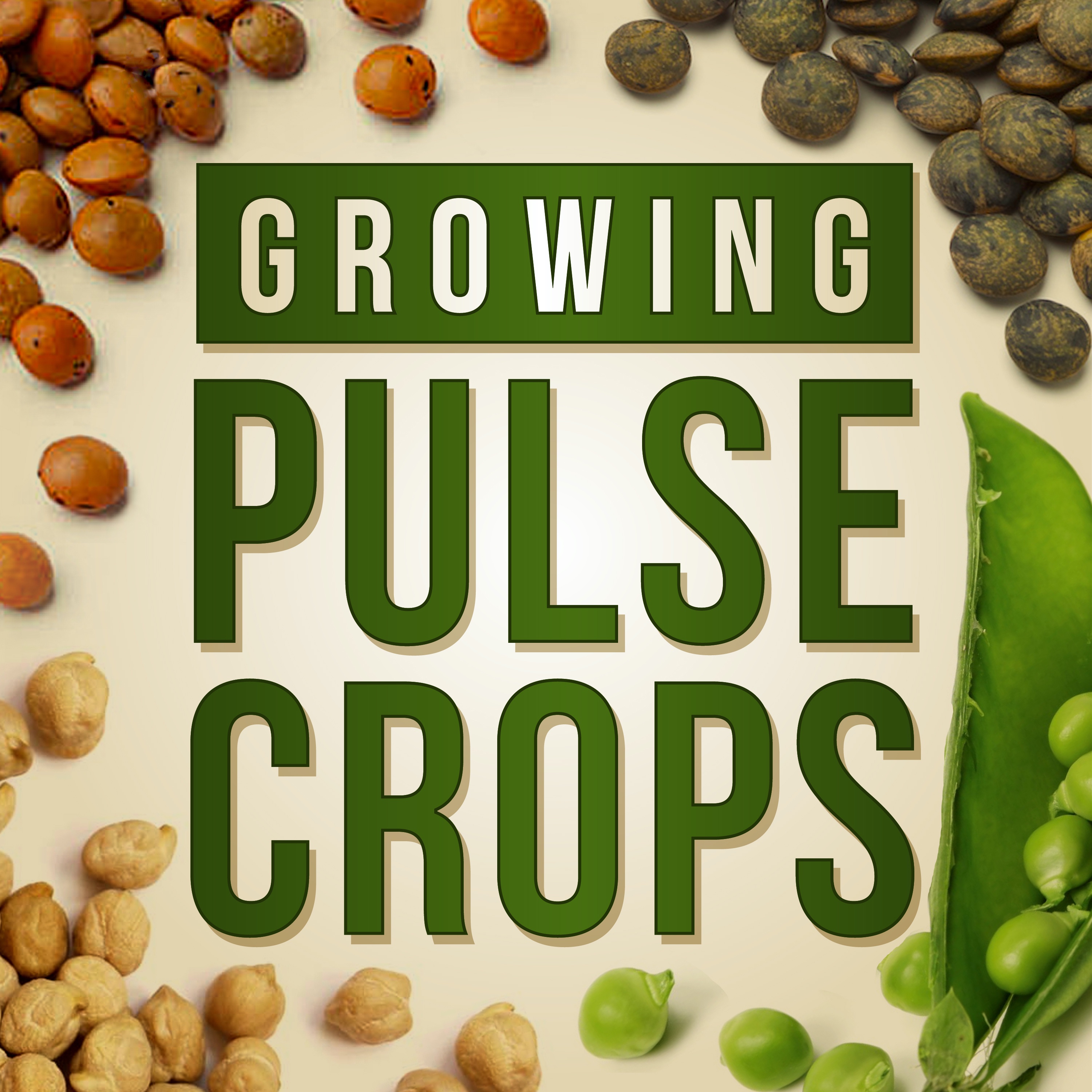Weed Management in Chickpeas with Dr. Drew Lyon
Dr. Drew Lyon is a Professor and the Endowed Chair of Small Grains Extension and Research for Weed Science at Washington State University in Pullman. Prior to moving to Washington in 2012, he spent 22 years as a Dryland Cropping Systems Specialist at the University of Nebraska at the Panhandle Research and Extension Center in Scottsbluff. His endowment is from the WA Grain Commission, so he spends a lot of his time with wheat growers, but most of them also include pulses in their rotations. Our discussion mostly focuses on integrated weed management of chickpeas, from cultural practices to herbicides to biologicals.
“We do have some effective herbicides out there. In this part of the world nature doesn't always provide us with the moisture at the right time to get those products activated and going, that increases our need to use things other than herbicides for weed control. Because we've had 30 years of really effective herbicides that's the first place a lot of growers think. But I think we're gonna have to start thinking more about other approaches, things we used to do 40 and 50 years ago before herbicides were so effective.” - Dr. Drew Lyon
Lyon has seen herbicide tools come and go, both in their effectiveness and their availability. Because of this, he is a big advocate for an integrated weed management program, which he says all starts with trying to grow a competitive crop. He shares that there are also things that can be done to try to manage the overall seed bank of the weeds on fields. Cover crops, he says, can also be helpful with weed suppression if you have the moisture. When all is said and done, Lyon’s advice on weed management comes down to three basic principles: don’t get weeds started, do everything you can to grow a competitive crop, and always be changing things up.
“Prevent weed problems from starting. If you don't have certain weeds on your farm, make sure you don't get them… Do everything you can to grow a competitive crop…And then the other thing is to change things up. Anytime you do the same thing over and over again, you tend to select for those weeds that do well in that system…Human nature is that we like to stick with things until we break them, but that's the recipe for getting weed problems” - Dr Drew Lyon
This Week on Growing Pulse Crops:
- Join Dr. Drew Lyon is a Professor and the Endowed Chair of Small Grains Extension and Research for Weed Science at Washington State University in Pullman
- Discussion of past, current and future integrated weed management for pulse crop producers
- Re-visit Dr. Drew Lyon’s discussion on harvest aids from season one in episode 12
Growing Pulse Crops is hosted by Tim Hammerich of the Future of Agriculture Podcast.

